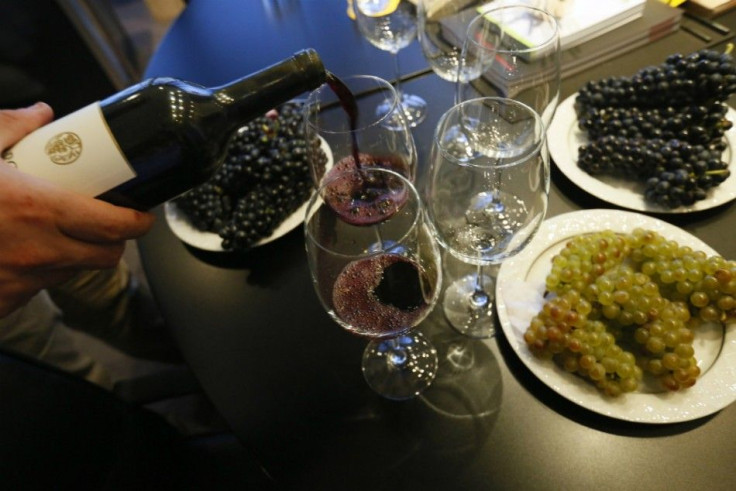A Drink before Bed Ruins Your Sleep

Alcohol before bed prevents you from sleeping well, a new study has found.
Up to 15 percent of people use alcohol to fall asleep, but research shows that it loses its ability to induce sleep after just a few days. The body builds a tolerance to alcohol's sleep-inducing effects very fast. This study contradicts the popular notion that a nightcap is good for relaxed sleep.
The study, led by J. Todd Arnedt, PhD, clinical assistant professor at the Sleep and Chronophysiology Laboratory at the University of Michigan, suggests that though a large enough dose of alcohol will make you fall asleep very fast, this type of sleep does not allow the body to go through its natural sleep cycle and misses on the early dream sleep that would naturally occur without the influence of alcohol. Later, when the body has metabolised the alcohol, sleep is frequently broken - often because the person wants to take a leak.
Alcohol is a muscle relaxant and causes an easing of muscles at the back of the throat. This could potentially cause severe damage and even death in people who suffer from sleep apnea, a condition in which a person's breathing is interrupted during sleep. Taking alcohol before bed could also cause problems with snoring, night sweats, nightmares, headaches and insomnia. Research from the University of Wisconsin-Madison suggests that men, in particular, could have longer episodes of disordered breathing during sleep after drinking alcohol.
Alcohol before sleeping also causes dehydration and a sleep deprivation the morning after. Experts suggest that the last drink should be at least three hours before going to bed. It is necessary not to overdo the alcohol, to drink a lot of water and retire to bed early.
In another study on drinking alcohol before bed, Christian Nicholas and his colleagues at the University of Melbourne were interested in finding how the brain reacts to the alcohol during sleep. The researchers asked 24 adults aged 18 to 21 to spend several nights at the Melbourne School of Psychological Sciences Sleep Laboratory. The subjects were sometimes given orange juice with vodka and sometimes orange juice with a straw dipped in vodka. They then went to bed at the normal time with their heads connected to electrodes to measure their sleeping brainwave patterns on an electroencephalogram (EEG).
After consuming alcohol, the young adults had slower wave sleep patterns with more of what is known as delta activity, a normal activity during sleep. However, these people also showed heightened alpha activity, which happens when the brain is awake but resting. Both alpha and delta activity leads to disrupted sleep. This condition is similar to the patterns seen in studies where people are intentionally given electric shocks while sleeping.
To contact the writer, email: sonali.raj@gmail.com





















